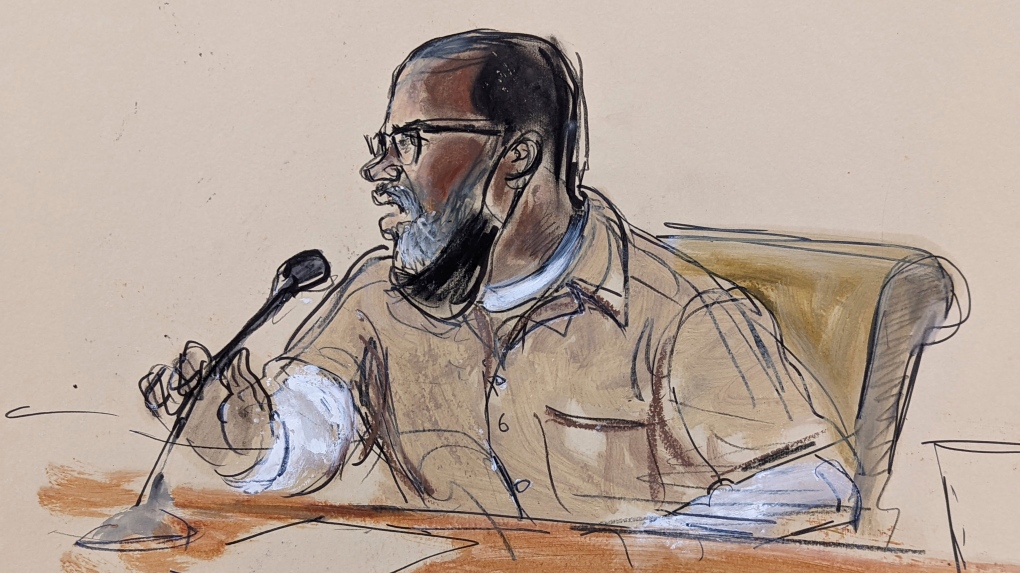The disgraced R&B singer’s defence attorney, Jennifer Bonjean, has filed a petition to the Supreme Court, requesting to throw out his Chicago conviction for possession of child pornography and enticing minors to engage in sexual activity, claiming that the charges should be barred by the statute of limitations.
R. Kelly was already serving a 30-year sentence for sex trafficking, stemming from his 2021 New York case, at the time he was convicted of child pornography in Chicago for which he was sentenced to 20 years in 2023. He is also appealing the New York conviction, though that case is not part of the high court petition.
In the petition, Bonjean argues that the musician was wrongly retroactively prosecuted under a federal law – the PROTECT Act – which passed in 2003 and made the statute of limitations indefinite for sex crimes with minors.



This isn’t the typical case for an ex post facto law, though. The PROTECT Act didn’t criminalize any conduct that was previously legal. It simply changed the statute of limitations for conducts thatbwere already criminal. Since the basis for rejecting convictions based on ex post facto laws is the fact that nobody can be expected to act according to laws that didn’t exist at the time of their actions and posession of child pornography was very much a crime when R. Kelly posessed child porn, and since the expectation that the courts will fail to do their job on time does not enjoy any legal protection, there is nothing inherently wrong with applying the PROTECT Act to R. Kelly’s case.
This is my opinion as a lawyer, however I am not licensed to practice law in the USA specifically, so I may be 100% wrong.